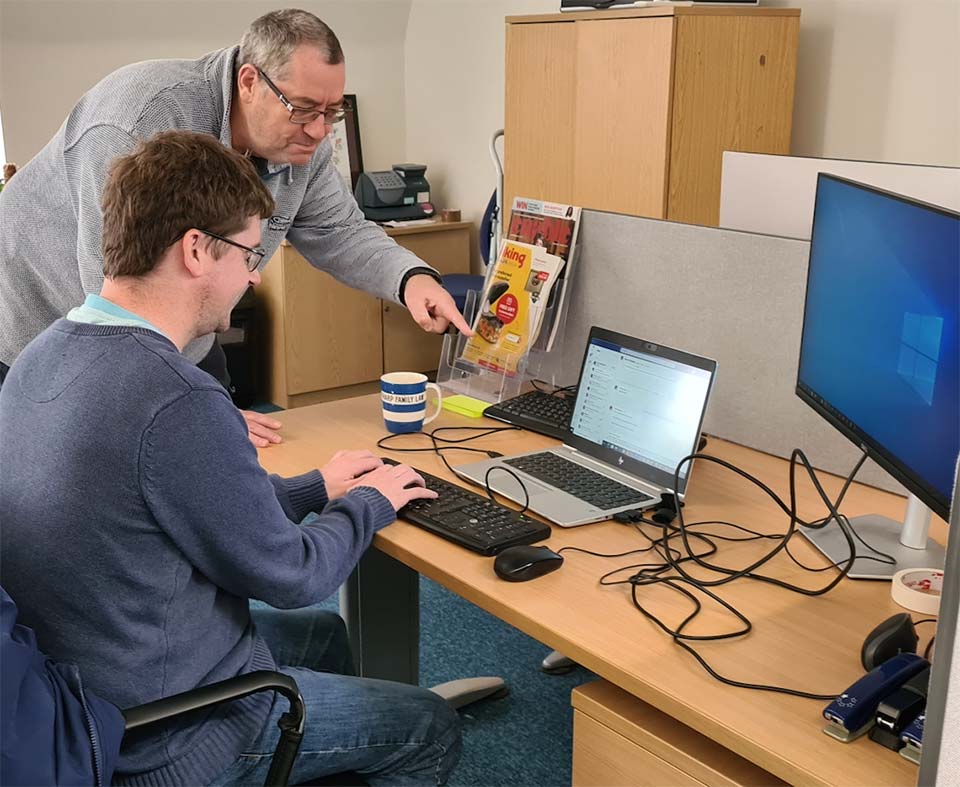New year, new career is a common theme for many of us.
But for people with autism or a learning disability, getting a first job is hard enough, let alone getting a new one.
Only 5.1% of UK adults with a learning disability gain permanent, paid employment, compared to 80% of their non-disabled peers.
Employment support for people with additional needs has been historically underfunded, leaving a lot of very capable and motivated people overlooked.
This status quo is being challenged by a partnership to boost equal employment opportunities – Internships Work – launched in September 2022.
This is a collaboration between social change charity the National Development Team for Inclusion (NDTi), the British Association of Supported Employment (BASE), and DFN Project SEARCH, which runs a transition to work programme for young adults who have a learning disability or autism.
The programme, funded by the Department for Education, aims to double the number of supported internships for 16-25 year olds with additional needs in England by 2025. Around 2,250 supported internships are currently provided per year; our goal is to support businesses to create 4,500 placements each year.
What’s involved
Supported internships are work-based study programmes involving a work placement of 6-12 months, supported by an expert job coach, who helps people learn, develop and maintain their role.
NDTi will manage the internships and DFN Project Search will support employers to offer more high-quality internship models, training business champions and local SEND employment forums.
BASE will improve internship quality, working with councils, education providers and employers, enabling employers to achieve a quality mark. It is also training 760 job coaches.
Dave Hanford, 37, is a business support administrator at NDTi in Bath. He has been working with his job coach Stu Neville for five years. He has previously held an administrative role at a local company, a role that Neville also supported him in.
“Stu encourages me to have a go and has helped me increase my confidence in my own abilities,” says Hanford.
“I’ve learnt to get on with things when he’s not around and there’s lots I can do now that I might not have attempted before.”
Neville says: “I’ve supported Dave through two jobs now and seen him grow and learn with each.
“The best piece of advice I can give to anyone about to work with a job coach is to communicate. If you don’t understand something, say so and we’re there to help you.”
“I’ve learnt to get on with things when he’s not around and there’s lots I can do now that I might not have attempted before.”Internships Work’s goal for early 2023 is to gain a clear understanding of where every local authority is at with intern positions and what needs to be done.
For example, councils could improve their information on employment pathways. The programme is pulling together resources to help them with that.
The aim is for more young people to develop skills to become independent and more employers to improve how inclusive they are.
We know there is a large talent pool out there – we just need to match them to the right jobs.
Julie Pointer is programme lead for children and young people at the National Development Team for Inclusion.





